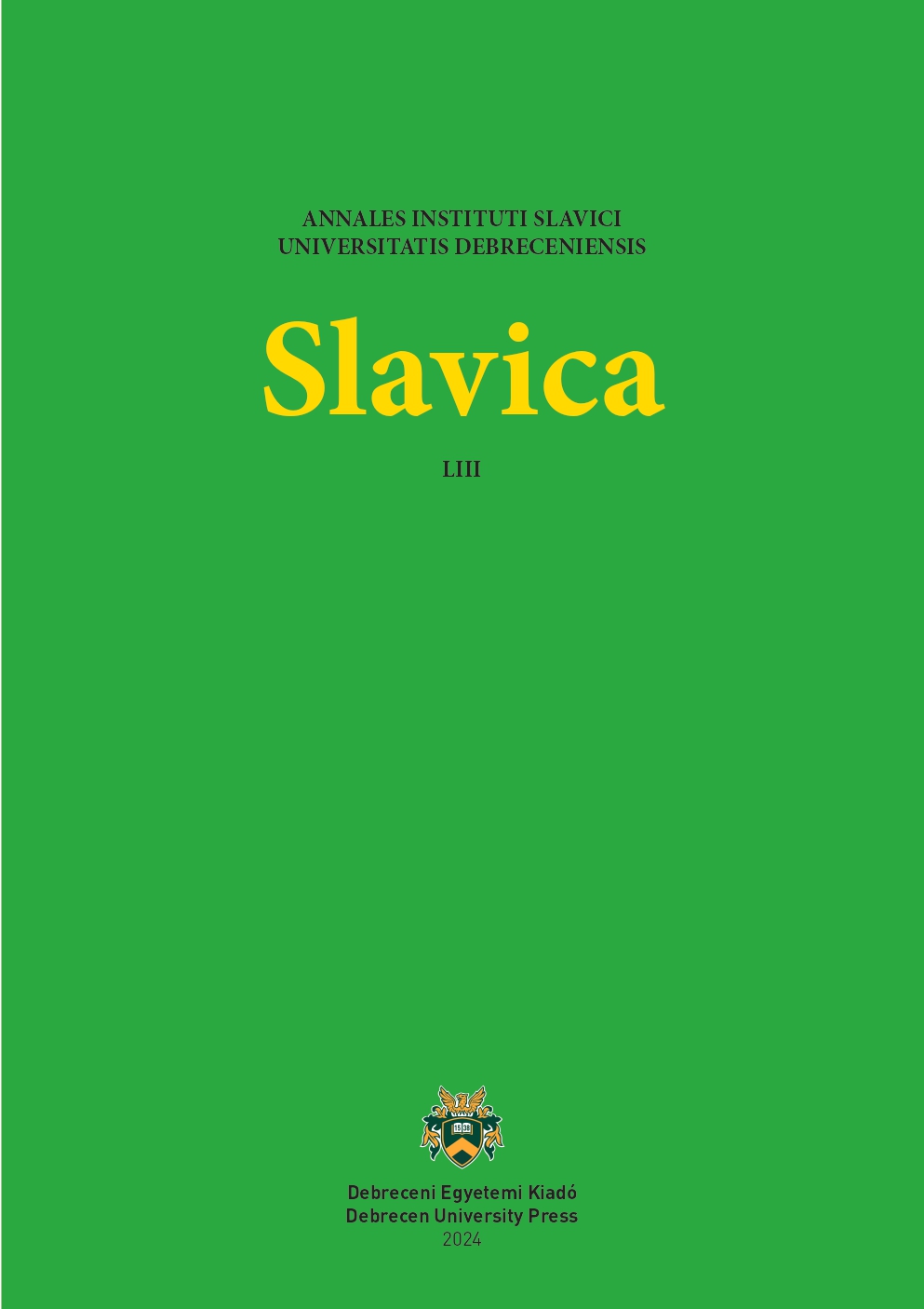The Hungarian reception of Dostoevsky until the 1920s in the context of European and Hungarian Modernism
Author
View
Keywords
License
Copyright (c) 2024 Slavica

This work is licensed under a Creative Commons Attribution-NonCommercial 4.0 International License.
This is an open access article distributed under the terms of the Creative Commons Attribution License (CC BY-NC 4.0), which permits unrestricted use, distribution, and reproduction in any medium, provided the original author and source are credited.
How To Cite
Abstract
This paper deals with the questions Dostoevsky’s reception in Hungary in the late 19th and early 20th centuries. The author investigates the growing interest in Dostoevsky in the context of the new trends of art and literature and gives a detailed survey of the most characteristic reactions (i.e. reviews, studies, introductions to books) about the new translations and editions of Dostoevsky’s works. Among the most relevant questions addressed arestereotypes about Russian culture and people, living in Hungary duringthe past centuries, the various interpretations of Crime and Punishment, and some comparative aspects in the analyses of this novel.

 https://doi.org/10.31034/053.2024.07
https://doi.org/10.31034/053.2024.07